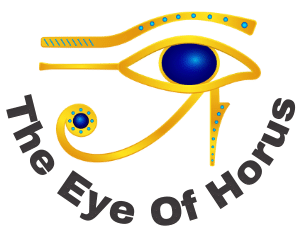Evil Eye of Horus, he evil eye is a supernatural belief in a curse brought about by a malevolent glare, usually given to a person when one is unaware. The evil eye is a belief that one can curse another through a malevolent look. The Eye of Ra is not usually associated with evil but rather with power and violence.
The Evil Eye of Horus is one of the most powerful and feared curses in the world. If a person has been cursed with this, they will be plagued by bad luck and misfortune. The evil eye of Horus can cause serious damage to your health and well-being.
The evil eye of Horus is believed to be a curse that was cast upon a person by an unknown individual who did not like them or their lifestyle. It is believed that this curse was placed on the person by an angry god or goddess who wanted them to suffer for their sins against them or someone else.
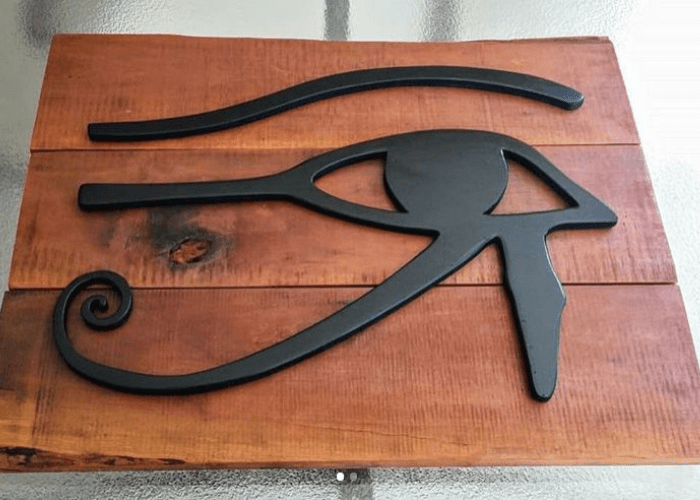
The power of this curse was so great that it could even affect the weather, causing storms, rain, heavy winds, storms, and even lightning strikes. The evil eye of Horus has also been known to be a death sentence for many people who have been cursed with it because they have no idea how to get rid of it or what to do about it once they find out about it.
What Does It Mean to Have an Evil Eye?
Through thousands of years of history and several civilizations, including those in areas of Asia and Latin America, the evil eye emblem has been seen. The emblem, which is most frequently represented as four concentric circles resembling the eyes, is meant to stave against various bad intents.
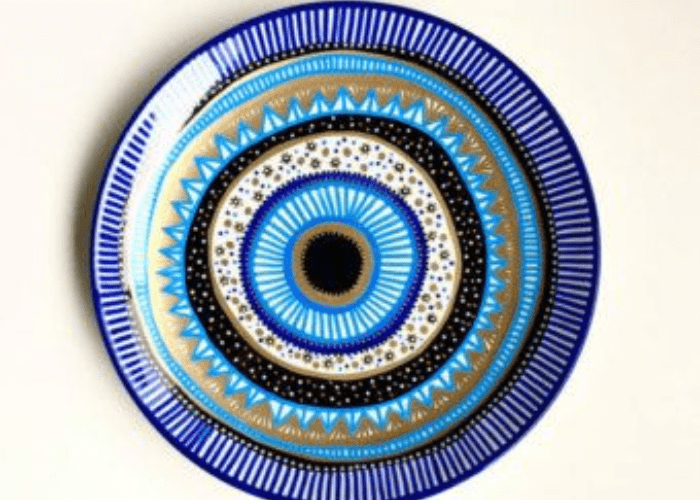
Who Is Able to Don the Evil Eye?
Anyone can wear the evil eye to ward off danger; it is not exclusive to any one faith or culture. Although many civilizations throughout the world use the evil eye, the Mediterranean region is most frequently linked with it.
The Eye of Horus Protects Evil
The Eye of Horus, also known as the PaneesuSekhet, is a symbol of protection that is found in ancient Egyptian culture. The eye is the first thing one sees when looking at the ancient Egyptian hieroglyph for the word “protection.” This protective power can be seen as either good or evil depending on how it’s used, but it remains a powerful symbol no matter what side you find yourself on.
The eye is an important symbol in ancient Egypt. The Egyptians believed that if they looked into an image of their god Anubis and saw his eyes, they would be protected from harm. They also believed that if they looked into the eyes of Osiris, they would be protected from death.
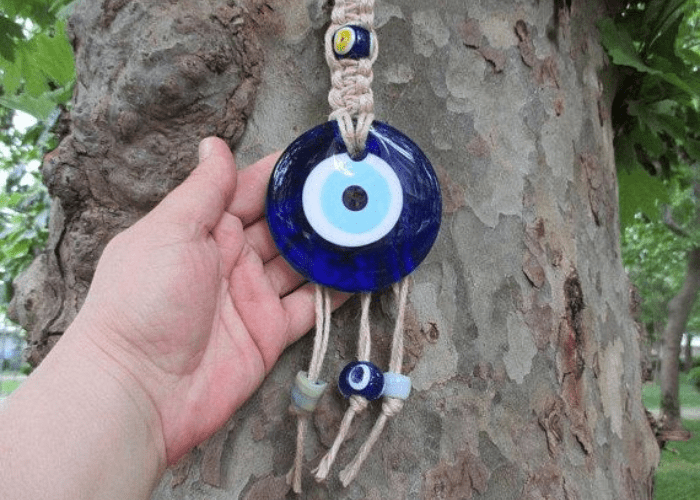
If someone had their eyes gouged out by an animal such as a catfish or crocodile, it was believed that they would be reborn with new eyes. The Ancient Egyptians believed that if they looked into the eyes of their gods and saw their protective power, it would help them live longer lives!
The Eye of Ra Is It Evil?
The Eye of Ra is typically linked with strength and violence rather than evil. Pharaohs in ancient Egypt used it as a protective amulet because they believed it promoted harmony.
The Evil Eye of Horus Is a Superstition in Many Cultures and Religions
The evil eye is a common superstition in many cultures and religions. The evil eye is said to be the result of envy, jealousy, and malice directed toward others. It can also be caused by the belief that someone has given you an “evil” look or gaze.
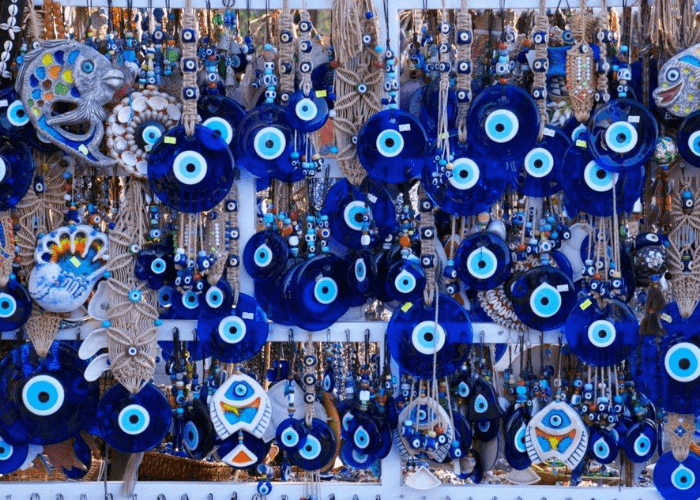
The evil eye is probably one of the oldest superstitions known to man, though its origins are unknown. Most popular beliefs about the evil eye trace back to ancient Egypt and Greece. The origin of this belief was attributed to either being born with it or being bestowed upon you by a goddess or God.
In ancient Egypt, it was believed that people with a third eye on their forehead were more susceptible to being bewitched by an evil eye. In Ancient Greece, people thought anyone who had a mole above their upper lip was more likely to receive an “evil” glance from another person who felt envy towards them.
